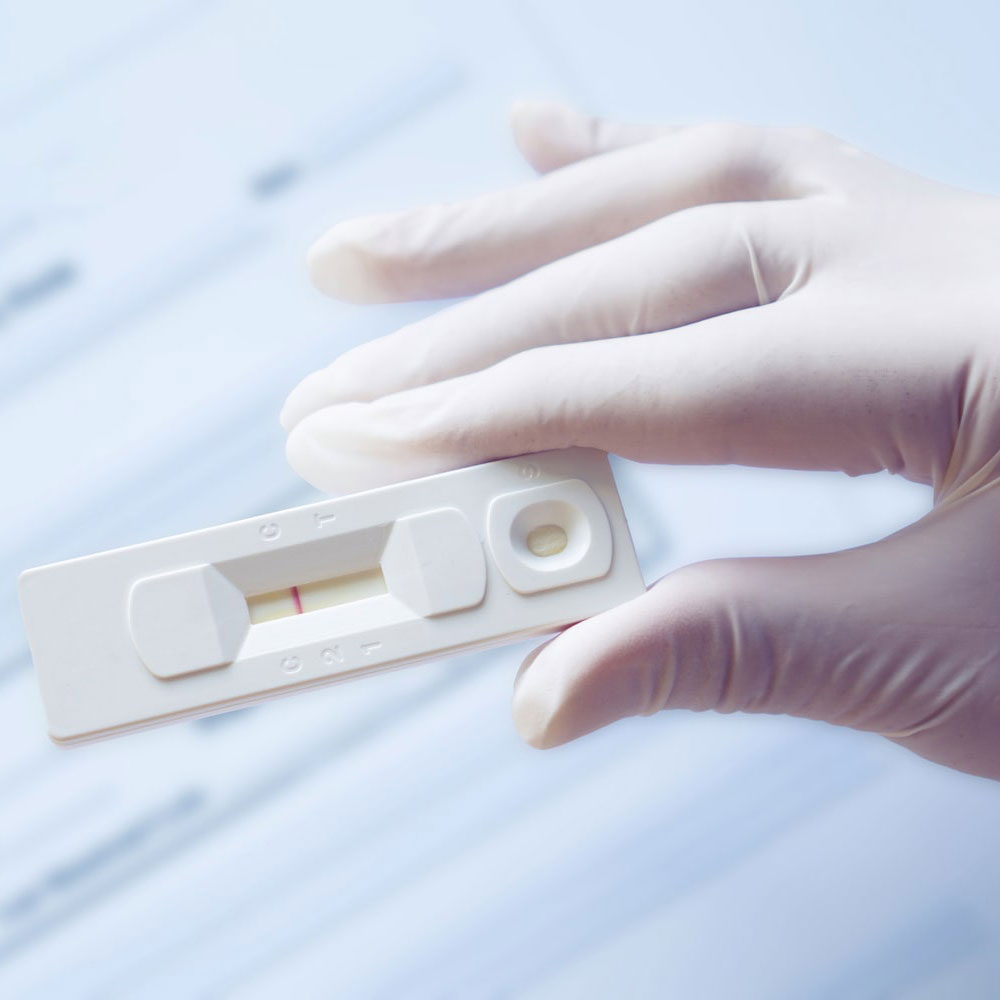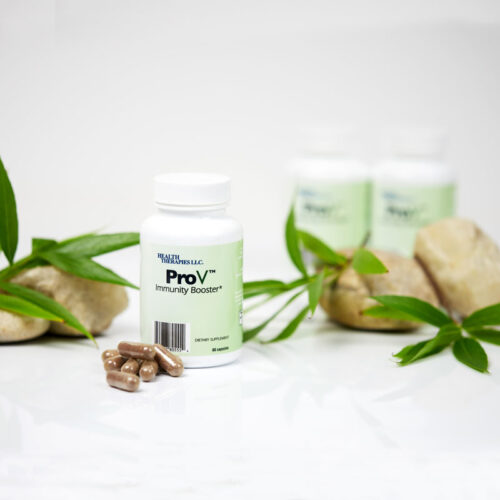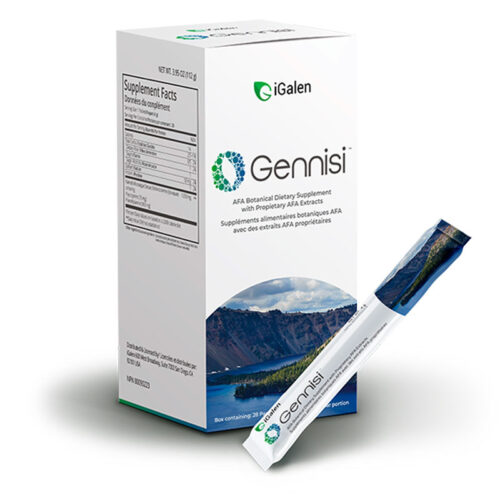Description
Vitamin D testing requires a minimal blood draw, which is sent to the lab for analysis. However, new advances in technology have paved the way for a simpler approach.
Now, healthcare providers and patients can access an easy- to- use dried bloodspot test that requires a quick finger prick and a few drops of blood.
From those drops of blood, analysis of one’s vitamin D blood level can be easily, safely and accurately measured. Our suppliers Vitamin D blood level is equivalent to a plasma or serum total 25-hydroxyvitamin D level (both D2 and D3).
Following Three simple steps can help healthcare providers and their patients achieve optimal levels of Vitamin D.
1. MEASURE
Exposure to sunlight, eating vitamin D rich foods and taking supplements does not guarantee that one’s blood level will be in the desirable range – it must be measured.
2. MODIFY
Vitamin D test results will give individuals and their healthcare providers the right information to personalize intake.
3. MONITOR
Confirm that one’s Vitamin D level has improved with dietary and lifestyle changes by retesting every four months.




